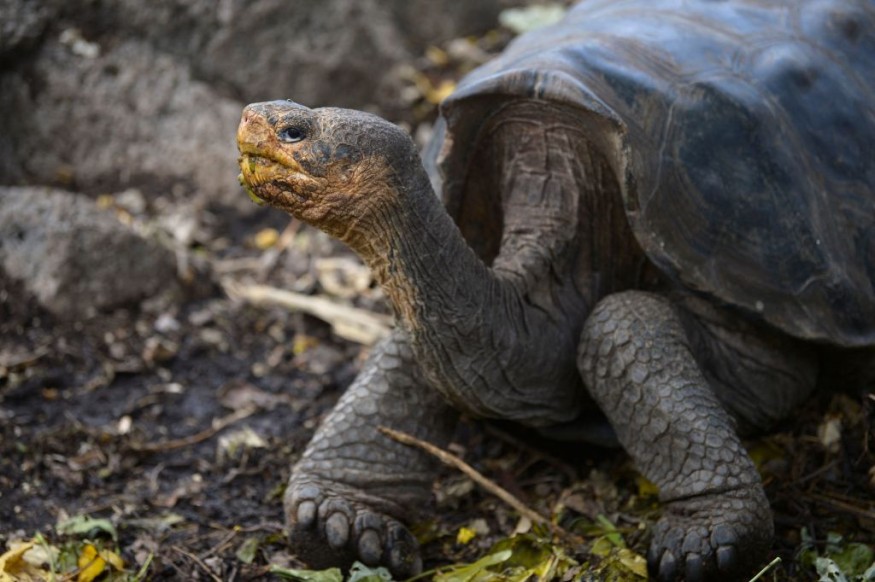A 70 million-year-old fossil of an ancient freshwater turtle was discovered by scientists at a site called Hateg Basin in Transylvania, Romania, according to a new study.
Scientists claim the fossil belongs to a new species of freshwater turtle which survived the mass extinction event that killed the dinosaurs.
The new study explored the ecological and geographical conditions of the Hateg Basin in relation to its potential role in protecting species from the asteroid impact during the end of the Cretaceous period.
Scientists believe the Hateg Basin was a separate island that later shifted to Eastern Europe.
The massive impact of the Chicxulub asteroid killed almost all animal and plant species of Earth around 65 million years ago.
However, the new study sheds light on the initial yet rare evidence that species in freshwater ecosystems can survive more than those in terrestrial ecosystems.
Ancient Freshwater Turtle

The new species of the ancient freshwater turtle is called Dortoka vremiri, which was named after Cretaceous vertebrates expert Matyas Vremir who died in 2020, according to a published study in Journal of Systematic Palaeontology on Feb. 8.
The study showed D. vremiri belongs to a family group known as side-necked turtles; which consists of a total of 16 species found in Australia, Africa, and South America, as per Live Science.
The ancient freshwater turtle was also likely to have lived with another ancient tortoise called Kallokibotion bajazidi.
Experts reportedly believed that K. bajazidi, who lived alongside D. vremiri, became extinct along with most animals living in terrestrial ecosystems.
Meanwhile, its freshwater ecosystem turtle counterpart survived the Cretaceous asteroid impact.
In addition, the recent discovery of another side-necked turtle called Sahonachelys mailakavava in Madagascar is believed to be a descendant of D. vremiri, as per a separate study published in the journal Royal Society Open Science in May 2021.
This shows that the ancient Transylvanian freshwater turtle-where its first fossil was discovered in the Hateg Basin in the 1990s, has survived the said extinction event.
It also adds to the gradual mounting evidence that freshwater ecosystems have more protection against extinction events.
Freshwater Ecosystem
The new study has looked into the possibility that freshwater ecosystems like the Hateg Basin in Romania have certain ecological and geographical features that allow the thriving of freshwater species even after a natural global extinction phenomenon.
Researchers consider that the Hateg Basin, an offshore island off the coast of Romania in the Tethys Sea, has used its location and geo-ecological conditions of its freshwater ecosystems to survive from the Chicxulub asteroid impact, including the deadly post-impact climatical changes in the atmosphere.
The study highlights species in freshwater ecosystems may undergo biological adaptations in line with the ecological and geographical traits of their natural habitats.
The ancient Transylvanian turtle may have relied on decaying organic matter as its food even after the extinction event, as per Live Science.
According to the National Geographic, the physical characteristics and function of freshwater ecosystems allow their resources to be shared by different natural habitats, including in rivers and streams.
The currents of these bodies of water are significant in the transfer of nutrients and other organic matter.
Related Article : Gigantic, Ancient Turtle Sucked up Prey with its Long Snout
© 2025 NatureWorldNews.com All rights reserved. Do not reproduce without permission.





